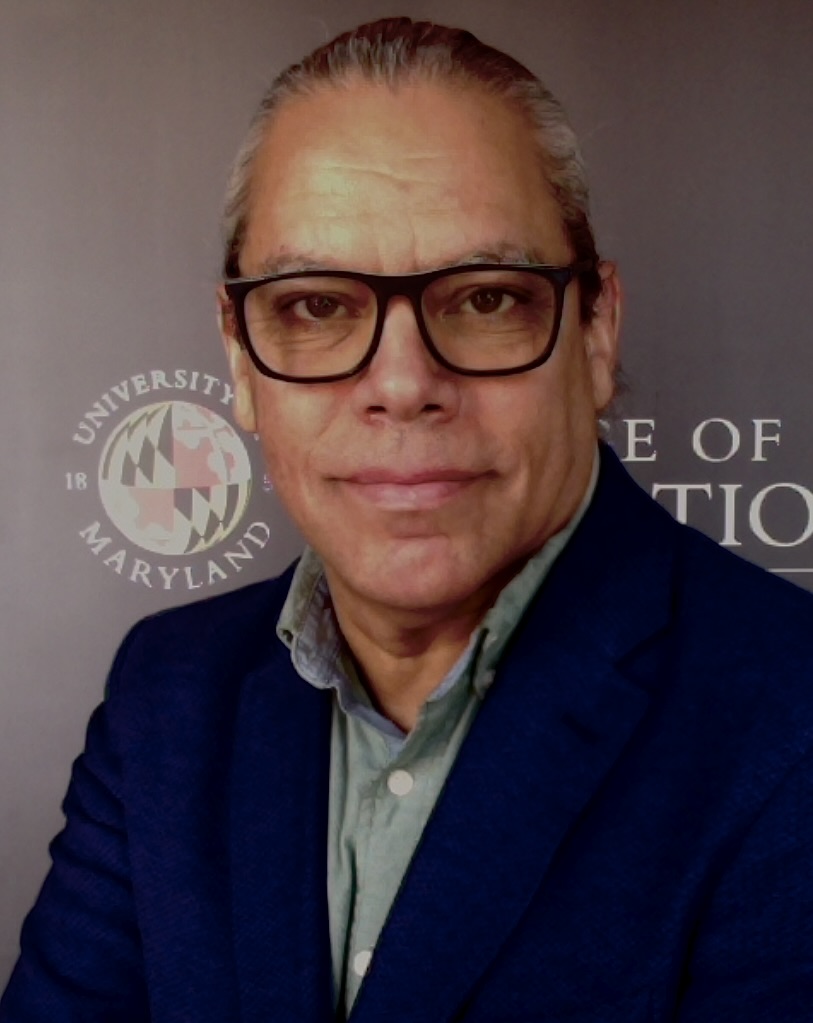2022 SCP Representative to APA Council of Representatives Candidate Statements
Delishia M. Pittman, Ph.D. 2022 APA Council Representative Candidate Statements Question: How would your skills and vision help you to contribute to and lead SCP’s efforts to uproot anti-Black racism in SCP and beyond? My professional identity is deeply rooted in the commitments to social justice, multiculturalism, and inclusion of counseling psychology; however, my interdisciplinary background blends my training and work in psychology, counselor education, and public health with my lived experiences as a first-generation, Black cishet woman, and heavily shape my commitment to and views of the work of dismantling anti-Black racism in SCP and beyond. I bring to this role nearly a decade of experience leading organizations, regionally and nationally, in their effort to address long-standing DEI issues and building anti-racist workplace cultures. As SCP representative on the COR, I will further the advancement of the goals outlined in the SCP strategic plan, with particular emphasis on Goals 3: Elevate the impact of counseling psychology. I deeply believe that increasing the reach of CP and CP representation across the ranks of APA will be critically necessary to the advancement of uprooting anti-Black racism across the profession. Second, in concert with my role as Diversity Chair for the American Board of Counseling Psychology, I will continue to critically evaluate and challenge policies and practices across the profession rooted in White supremacy that continue to disenfranchise historically excluded and underrepresented groups in psychology, to include APA leadership ranks, awards and honors, training and mentorship programs, licensure, and board certification. The COVID-19 pandemic and its effects on disenfranchised communities (fueled in large part by anti-Black structural and systemic racism) highlights the urgent need for access to emotionally-reparative mental healthcare in underserved areas and communities. The expansion of PSYPACT legislation for inter-state telehealth service is critical. Currently, 22 states including New York, California, Alaska, and Hawaii, are barred from providing services across state lines. Increasing access to participation in the interjurisdictional compact for practitioners and access to care for consumers is a matter of health equity. Uprooting anti-Black racism in SCP and beyond requires our relentless pursuit of health equity.
Roger L. Worthington, Ph.D. 2022 APA Council Rep Candidate Statements Question: How would your skills and vision help you to contribute to and lead SCP’s efforts to uproot anti-Black racism in SCP and beyond? For more than two decades, the focus of my work has been framed by the terms equity, diversity, justice, and inclusion. More recently, in the past 5 years, that frame has shifted to include antiracism—and although the language has changed, the nature of the work has been very much the same, even as it has continued to evolve across time. Racism, in particular anti-Black racism, and other forms of oppression were centered in my work as the cabinet-level diversity officer (CDO) for two major public research institutions—first at the University of Missouri, and more recently at the University of Maryland. In 2017, I became the founder and executive director of the Center for Diversity and Inclusion in Higher Education, which has a three-pronged mission as a think tank, research center, and consulting organization. Prior to the resurgence of the racial justice movement in the spring of 2020 after the murders of Ahmaud Arbery, Breonna Taylor, George Floyd and others, the work of the Center was focused primarily on applying an antiracism framework to transformational change in institutions of higher education. Examples of our work can be found here, here, here, and here. In collaboration with my colleagues, we seek to elevate the voices of people who are actively fighting systems of white supremacy, and working to dismantle the ways higher education institutions, as well as the discipline of psychology, continue to act on and reproduce societal inequities. When it comes to anti-Black racism, as a non-Black person of color (I identify as Latinx and multi-ethnic), I view my role as a con-conspirator—someone who follows the lead of others and serves as an accomplice in dismantling anti-Black racism across systems and structures of oppression. |



